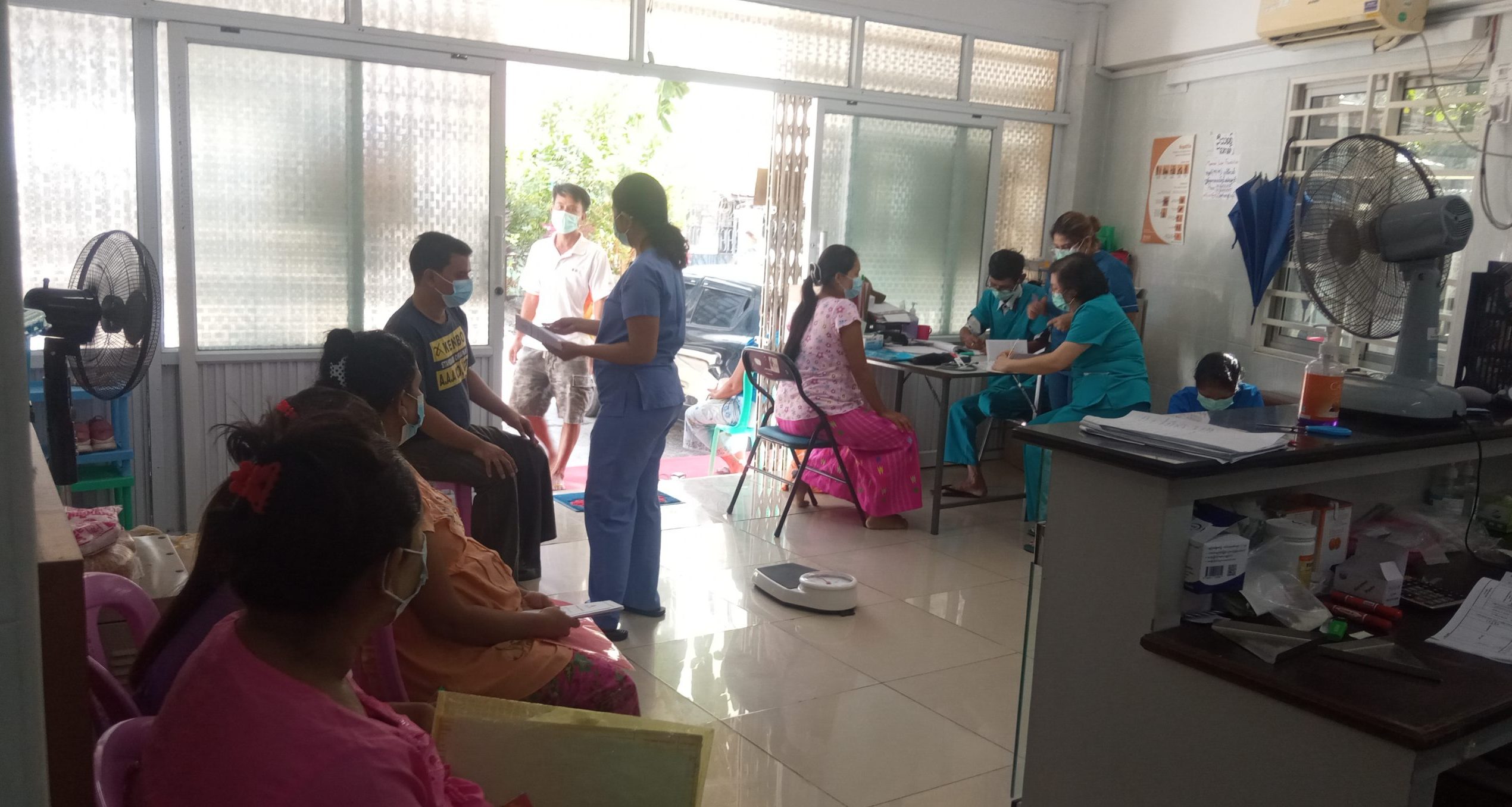
Myanmar people and health system show resilience during double crises
13 March 2023
The Myanmar people and health system have shown resilience during the double crises of the COVID-19 pandemic and political crisis, new research has found.
A case study conducted in the Yangon region found the people and the health system stayed resilient by developing alternative pathways to seek and provide health services.
The study, published in the International Journal for Equity in Health [opens new tab], is the first in Myanmar to explore people’s perceptions of COVID-19, the health system, and their healthcare experiences during the political crisis.
The Yangon region was hardest hit by the pandemic and political conflict with many routine health services suspended, said Burnet Institute Myanmar’s Dr Kyu Kyu Than [opens new tab], one of the authors of the research.
This particularly impacted people needing continuous care, including pregnant women and people with chronic illnesses who were interviewed for the study.
“People have been unable to access essential health services on time,” Dr Than said.
“It’s been challenging to receive quality care because public facilities have been unavailable, and private hospitals are very costly.”
There has also been serious shortages of essential drugs and other medical supplies, including oxygen for COVID-19 patients, which has led to the loss of many lives.
Despite these hardships, having cohesive family support structures and good social networks have helped people to cope.
“Many of our study participants mentioned they could overcome the stresses and challenges with support from their family members,” Dr Than said.
“In times of emergency, people have relied on community-based social organisations for transportation and accessing essential medicines.”
Health system resilience
The health system has also shown resilience through providing services to patients in other ways such as via teleconsultations and mobile clinics, and sharing medical advice on social media, in particular Facebook, which is the most popular social media platform in Myanmar.
However people’s ability to overcome obstacles in seeking healthcare was also dependent on their socioeconomic status, with those of low socioeconomic status finding it more difficult.
Many people delayed seeking care because they were concerned about the financial burden it may impose on their families.
Dr Than said the study highlighted the challenges of coping with overlapping crises.
“COVID-19 on its own was being managed effectively prior to February 2021, but the combination of the political crisis with the epidemiological one caused major hardship, especially for less resourced and connected patients.”
However the study also showed how important community-based organisations, volunteers and social networks are, especially in times of crisis.
And the potential role social media can have in combating the COVID-19 pandemic, as a trusted source of information.
This article was first published on the Burnet Institute’s website [opens new tab]